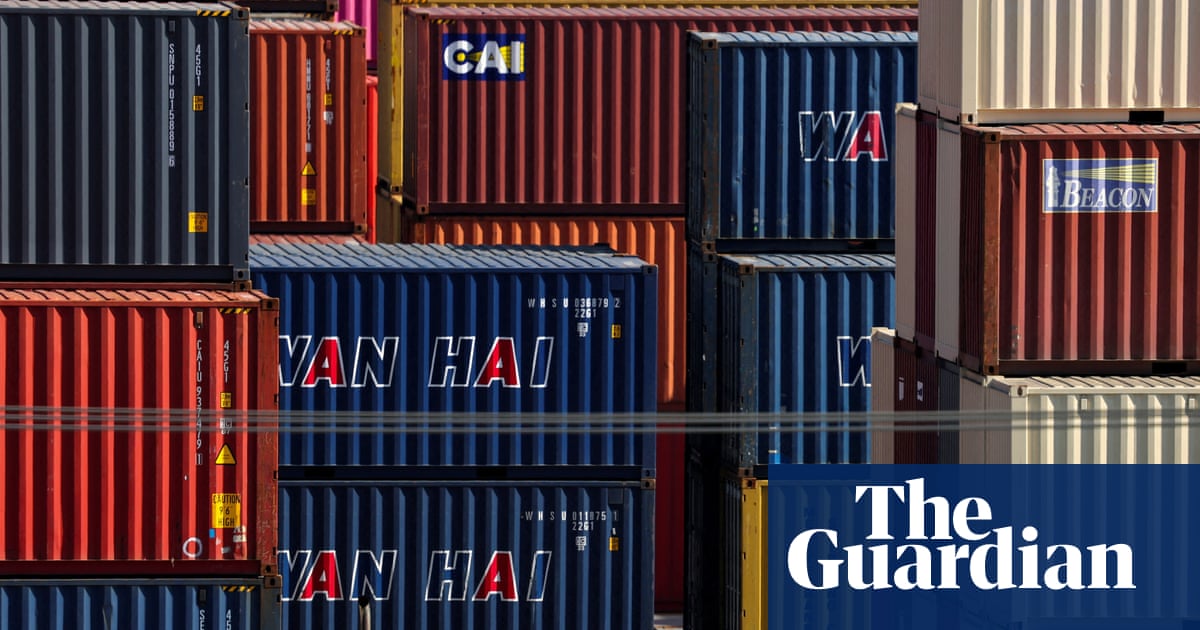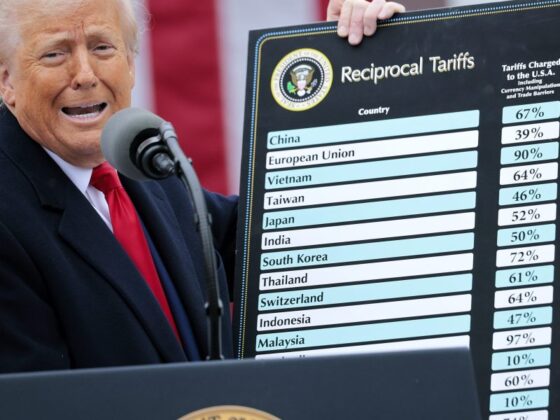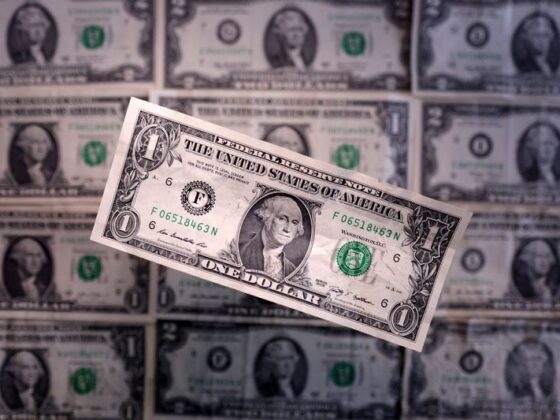Donald Trump overstepped his presidential powers with most of his globe-rattling tariff policies, a federal appeals court in Washington DC ruled on Friday.
US law “bestows significant authority on the president to undertake a number of actions in response to a declared national emergency, but none of these actions explicitly include the power to impose tariffs, duties, or the like, or the power to tax”, the court said.
Many of Trump’s steep tariffs are “are unbounded in scope, amount and duration”, the ruling added, and “assert an expansive authority that is beyond the express limitations” of the law his administration has lent on.
The court’s decision is the biggest blow yet to Trump’s tariff policies and will likely mean that the supreme court will have to rule on whether he has the legal right as president to upend US trade policy. The court said the ruling wouldn’t take effect until 14 October.
“ALL TARIFFS ARE STILL IN EFFECT!” Trump wrote on social media, moments after the ruling came down. In a lengthy post, he accused the appeals court of political bias.
“If allowed to stand, this Decision would literally destroy the United States of America,” he continued. “At the start of this Labor Day weekend, we should all remember that TARIFFS are the best tool to help our Workers, and support Companies that produce great MADE IN AMERICA products.”
The ruling voided Trump’s 10% baseline tariffs on virtually all of the US’s trading partners and his so-called “reciprocal” tariffs on countries he has argued have unfairly treated the US.
Trump has claimed he has the right to impose tariffs on trading partners under the International Emergency Economic Powers Act (IEEPA), which in some circumstances grants the president authority to regulate or prohibit international transactions during a national emergency.
The Trump administration has and cited various national emergencies – including US trade deficits with trading partners, fentanyl trafficking and immigration – as the reasons for the actions.
But a group of small businesses have challenged the administration’s arguments, arguing they are “devastating small businesses across the country”.
And on Friday, the appellate court ruled: “It seems unlikely that Congress intended, in enacting IEEPA, to depart from its past practice and grant the president unlimited authority to impose tariffs.”
The ruling also said the US law “neither mentions tariffs (or any of its synonyms) nor has procedural safeguards that contain clear limits on the president’s power to impose tariffs”.
The US trade court heard the case – VOS Selections Inc v Trump – in May and ruled that the tariffs “exceed any authority granted to the president”. But the court agreed to a temporary pause in the decision pending an appeal hearing.
The US court of appeals for the federal circuit in Washington DC heard oral arguments about the case on 31 July. Judges expressed skepticism about the administration’s arguments at the hearing. The IEEPA “doesn’t even say ‘tariffs’,” one of the judges noted. “Doesn’t even mention them.”
In its ruling, the appeals court noted there were “numerous statutes” that do delegate the power to impose tariffs, in which “clear and precise terms” are used to this make clear.
When Congress wants to delegate such authority, it typically “does so explicitly, either by using unequivocal terms like tariff and duty, or via an overall structure which makes clear that Congress is referring to tariffs”, the court added.
It said: “The absence of any such tariff language in IEEPA contrasts with statutes where Congress has affirmatively granted such power and included clear limits on that power.”
The tariffs have triggered economic and political uncertainty across the world and stoked fears of rising inflation on the US.













